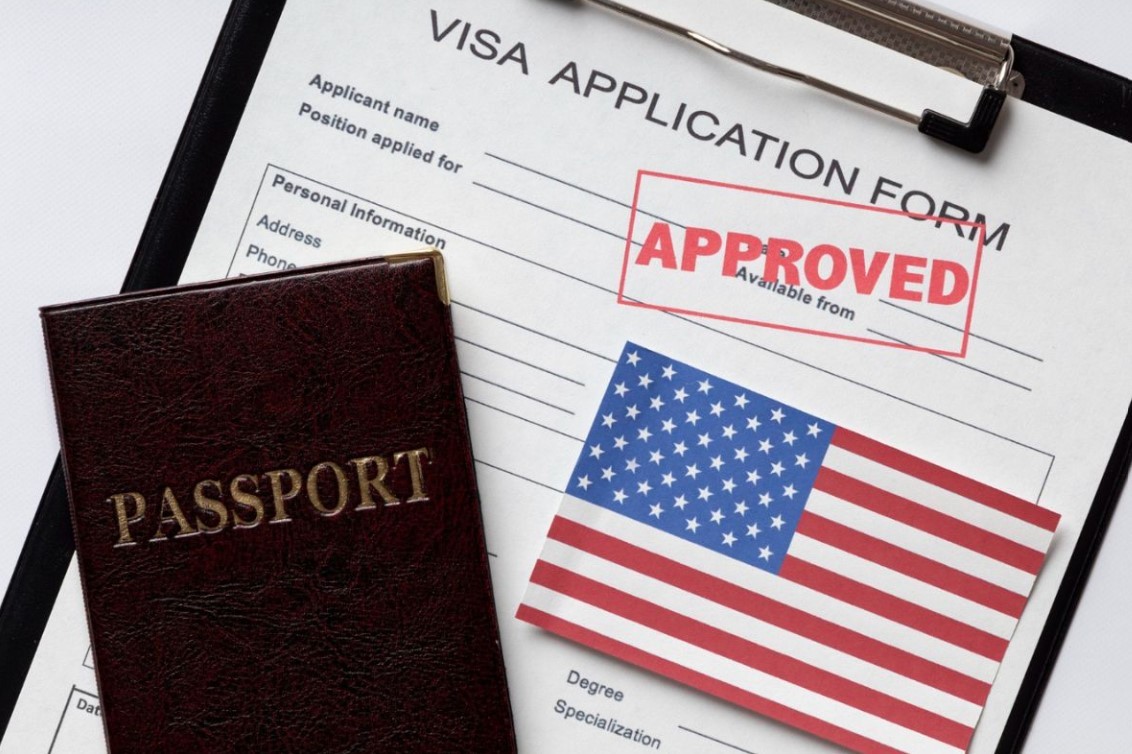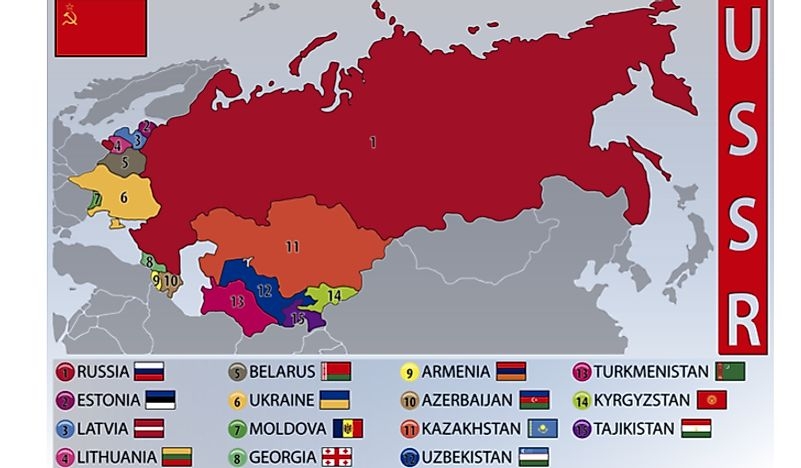Where to Travel Without A Covid Vaccine - Updated Full List of Countries
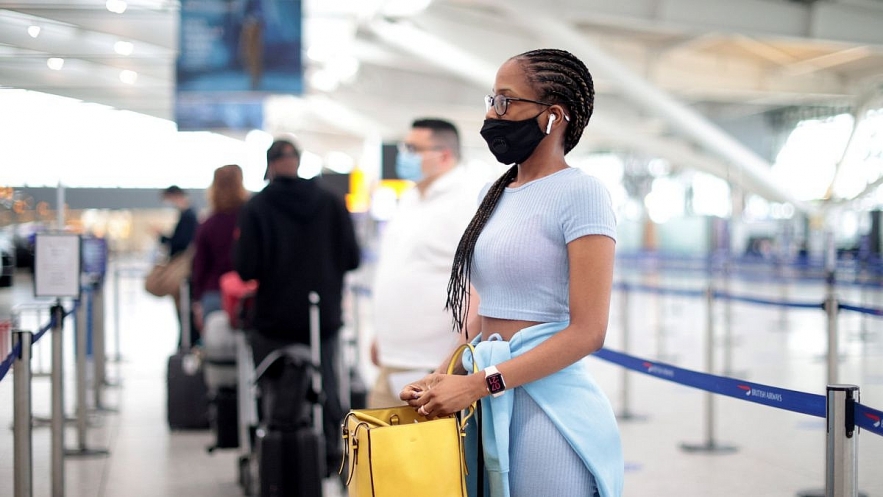 |
| Which countries open to unvaccinated travellers |
Which countries can you travel to if you are not vaccinated?
Despite global vaccination efforts, a large portion of the population remains unvaccinated. Covid vaccine passports have become an essential part of international travel, but where can you visit if you are unvaccinated?
There are currently a handful of countries that will allow visitors who have not been vaccinated to enter. Before travelling, you should regularly check government guidelines both for the country you might be considering visiting.
Traveling domestically and internationally may pose a new set of challenges for those who are unvaccinated. Be sure to keep up to date with the latest requirements to make sure that your trip goes smoothly. International travel may result in many more difficulties, so if you’re not prepared to deal with all the uncertainties of being abroad, consider travel to a location within the U.K or the U.S.
If you are planning to go anywhere at all at the moment, remember the situation is constantly changing, and the rules of any country you may be planning to visit can change at any time.
The travel rules on returning to the UK are also subject to change in the event of a new variant taking hold, or case numbers rising in another part of the world.
Your best bet before you travel anywhere is to ensure you are up to date with your Covid jabs, and also have your booster vaccination if you are eligible.
You should also note – whether you are vaccinated or not – that if you do test positive while you are abroad you will be subject to the quarantine rules of that country.
You should ensure before you travel anywhere that you have comprehensive travel insurance which will cover you if you need to extend your stay or if you need medical treatment.
This is the full list of destinations you ca still visit without a vaccination passport.
Latest Countries Open to Unvaccinated Travellers - Updated Feb 1st:
Denmark, Norway and Sweden have all loosened their coronavirus-related restriction
For many people, travel to all three Scandinavian countries is now much easier than it was just a few weeks ago.
From February 1, almost all Covid-19 restrictions within Denmark will be lifted. However, getting into Denmark still requires jumping through a few hoops for the time being if you are not fully vaccinated. People with valid documentation showing full vaccination with an EMA or WHO approved vaccine or a recent previous infection can freely enter Denmark no matter where in the world they are travelling from.
Advance testing requirements are in place for everyone else, with an isolation period required for unvaccinated travelers arriving from designated “high risk” countries. At the time of writing, this includes Australia, the U.K. and the U.S.
Since January 26, travelers arriving in Norway no longer have to observe a mandatory period of quarantine, unless they test positive for Covid-19 upon arrival. The removal of the quarantine period essentially opens up Norway to tourism, as there is no other coronavirus-related travel ban in place. However, all travelers—including Norwegian citizens and fully vaccinated people—must complete an online registration form and take a rapid antigen test on arrival. These tests are available at all major airports and are free of charge.
All foreign nationals require a valid Covid-19 certificate in order to enter Sweden. This includes EU-compatible certificates and certificates issued by approved countries including the U.K. and the U.S.
Otherwise, the ban on non-essential travel to Sweden from outside the EU/EEA remains in place, although some countries are exempted from this ban, including Australia, Canada and New Zealand. Those traveling from exempted countries must show proof of a negative Covid-19 test taken in the 72 hours prior to arrival.
Sweden’s domestic measures remain in place until February 9, at which point they could be removed according to the Public Health Agency. These measures include restrictions on attendances at public events and an 11pm curfew on the serving of alcohol at bars and restaurants.
Hawaii considering Covid boosters
Hawaii Gov. David Ige said that his office is considering changing its definition of "fully vaccinated" from two doses of an approved Covid vaccine to three. That could mean that domestic travelers who have not had booster shots may have to take a Covid-19 test before arriving in Hawaii or isolate for five days upon arrival in Hawaii at their own expense.
Philippines set to ease restrictions
Philippines's border restrictions are eased for travelers from 157 countries, including the United States, the United Kingdom, Canada, Ireland, Australia, South Korea, Germany and more. They'll be permitted to visit the Philippines without quarantine—if they are vaccinated against COVID-19 and test negative for the virus.
Travel Northern Ireland
From February 1, new rules will come into effect for travellers going from the UK to Spain.
Information on proof of vaccination and new 270-day validity period requirement will be enforced from February 2022 for people travelling to Spain.
And with measures changing constantly, GOV.UK has outlined the rules, as they'll stand from next month.
Before travel to Spain, everyone (including children under 12 years old) travelling by air or sea must fill in and sign an online Health Control Form. If you do not complete this form electronically, you may submit it in paper format before boarding.
On arrival into Spanish ports and airports you must show the QR code (hardcopy or digital) issued when you completed the online Health Control Form before travel.
You must show valid proof of being fully vaccinated to enter Spain from the UK if travelling for tourism purposes.
1. Greece
Unvaccinated travellers can visit the country with proof of a negative PCR test issued within 72 hours of arrival or proof of a negative Covid-19 rapid antigen test from an authorised laboratory, undertaken within the 48-hours before your arrival.
According to current Government guidelines, Brits must complete a passenger locator form before arrival in Greece, regardless of their method of travel.
While a Covid vaccine passport is not a current entry requirement to the country, visitors will need to show either of the following:
-Proof of a negative COVID-19 PCR test taken within 72 hours of arrival
-Proof of a negative COVID-19 rapid antigen test from an authorised laboratory within 24 hours of arrival.
Gov.UK states that: “In addition, arrivals into Greece may be required to undergo a rapid COVID-19 test on arrival.
“If you test positive on arrival in Greece, you (and those you are travelling with) will have to self-isolate in quarantine hotels provided by the Greek state.”
Unvaccinated travellers could be caught out if they test positive as they will need to isolate for longer than those who are fully vaccinated.
2. Portugal (including Madeira and the Azores)
 |
| Portugal’s mainland and Madeira are open to travellers who have not been vaccinated, as long as they can prove they don't have coronavirus when they enter the country. |
Portugal changed its rules in September, and British travellers can now show a negative PCR result taken within 72 hours or a negative antigen test which is included on the EU Common List of Rapid Antigen Tests. A regular NHS-issued lateral flow will not be accepted.
You’ll also need a PCR or rapid antigen test result to enter Madeira and the Azores – and in both Portugal and the islands you will be subject to health screening at the airport.
Your airline may deny boarding if you cannot show one of these documents when you check in for your flight. Check with your airline before you travel.
3. Croatia
 |
| Croatia will accept a negative test or evidence of recovery (Picture: Getty Images) |
Unvaccinated travellers can enter Croatia with proof of either a negative Covid-19 antigen test, issued within 48 hours of arrival, a negative PCR test issued within 72 hours of arrival, or a doctor’s certificate of recovery following a positive test result between 11 and 180 days prior.
Under the current travel restrictions in Croatia, travellers must show proof of any of the following:
-A negative lateral flow test taken within 48 hours of arrival
-A negative PCR test taken within 72 hours of arrival
-A doctor’s certificate confirming recovery of a Covid infection between 11 and 180 days prior to travel
-Proof of vaccination (not older than 365 days)
4. Cyprus
Unvaccinated travellers to Cyprus must provide proof of a negative PCR test taken within 48 hours before departure, and then take another PCR test upon arrival at Larnaca or Paphos airports, and remain in isolation until the result comes back (this should take roughly three hours).
Since January 4, 2022, unvaccinated Brits heading to Cyprus have been required to provide a negative PCR test result taken within 48 hours of arrival.
Another PCR test is also required upon entering the airport, followed by a brief self-isolation period.
Visitors should self-isolate until they receive their test result which usually takes three hours.
Passengers will then receive five tests which should be done daily.
If travellers produce a positive test result, a PCR follow up is required and Cypriot authorities should be notified.
The self isolation period remains at 14 days for Covid-positive tourists in Cyprus.
After landing in Cyprus, all passengers from the UK will be given five at-home tests which they must use daily – if any of these are positive, they must refer themselves for a follow-up PCR test. If you get three consecutive days of negative results, you must go for a rapid test at an official Ministry of Health mobile unit – this is free to those who can present a boarding pass at the testing site.
5. Slovenia
Unvaccinated British travellers to Slovenia must provide a Digital Passenger Locator Form as well as either a PCR test not older than 72 hours or a rapid antigen test not older than 48 hours. A positive PCR test result that is older than 10 days but more recent than six months old will also be accepted as a requirement of entry.
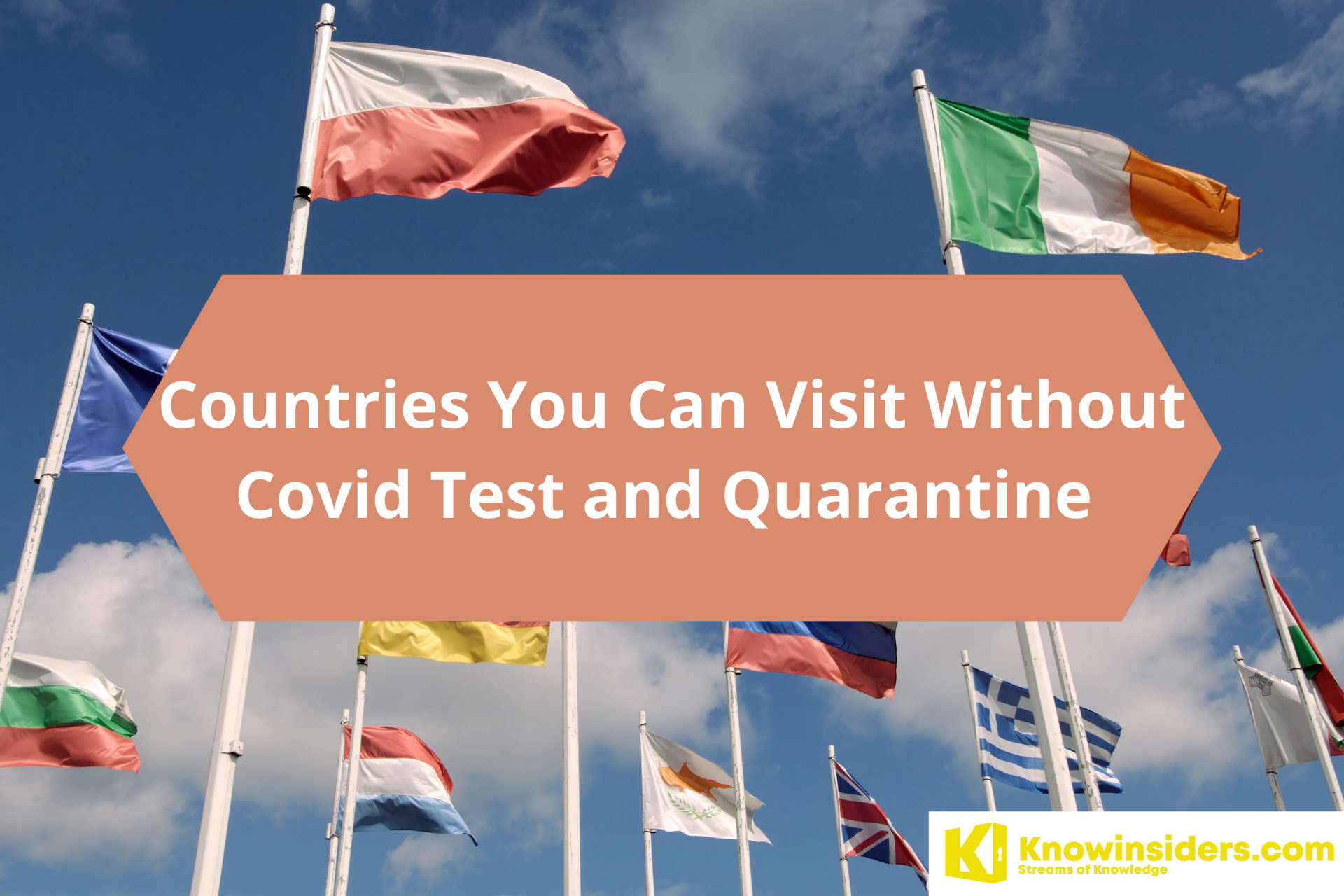 Full List of Countries You Can Visit Without Covid Test and Quarantine Full List of Countries You Can Visit Without Covid Test and Quarantine |
6. Turkey
All arrivals to Turkey must complete the online ‘Form for Entry to Turkey’ within 72 hours of travelling.
Gov.uk states that unvaccinated visitors arriving to Turkey from the UK must show proof of a negative PCR or lateral flow test.
The full entry requirements for Turkey are as follows:
-A full course of COVID-19 vaccinations (completed 14 days prior to arrival)
-Proof of recent recovery from Covid
-A negative PCR test (completed less than 72 hours before arrival)
-A Paris antigen test (completed within 48 hours of arrival)
7. United Arab Emirates
You do not have to be fully vaccinated to visit the UAE. Unvaccinated arrivals to the Emirates must present evidence of a negative PCR test taken 48 hours before departure. Travellers arriving in Abu Dhabi will also be required to undertake a COVID-19 PCR test on arrival.
8. Mexico
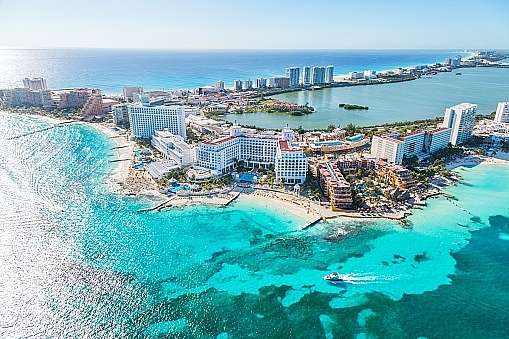 |
| Mexico requires a health declaration form |
Mexico does not currently require visitors to show a negative PCR test or quarantine on arrival, you will just need to fill in a form beforehand and have the QR code from the form with you on entry to the country. Resorts are also able to request guests fill in a health questionnaire on arrival.
If you’re travelling to Mexico you will need to complete a health declaration form and scan its QR code on arrival.
There is currently no requirement to show a PCR test result, although some resorts may ask guests to complete a health questionnaire on arrival.
9. Ireland
Passengers flying from the UK to Ireland must fill out a locator form before they travel. They will also be asked for proof of vaccination or recovery, or to present evidence of a negative PCR taken within 72 hours before arrival in the country.
10. Maldives
All visitors (except children under the age of one) must present a negative PCR test on arrival to the Maldives. The test and negative PCR certificate must be issued no more than 96 hours before departure. While those who are not fully vaccinated will be permitted to enter, they must self-isolate for 14 days and take an exit test before leaving quarantine. Fully vaccinated tourists do not need to isolate.
11. Italy
Unvaccinated tourists entering Italy from the UK must fill in a locator form and show a negative PCR test taken within 48 hours before entering Italy or a negative lateral flow test taken within 24 hours before entering. They then need to notify the Prevention Department of the local health authority of your entry into Italy, travel to their final destination in Italy by private transport only and self isolate for five days. At the end of the five days, they must take another PCR or lateral flow test to leave quarantine.
12.Slovenia
The digital passenger locator form and negative PCR test or proof of recovery required
Unvaccinated visitors to Slovenia from the UK must fill in a Digital Passenger locator form, as well as a negative PCR test taken within 72 hours or a rapid antigen test taken with 48 hours. Evidence of recovery from infection, in the shape of a positive PCR test result that is more than 10 days old but less than six months old can also be used upon entry.
13.United Arab Emirates - negative PCR test required
All those arriving in the United Arab Emirates must present a negative PCR test taken within 72 hours of arrival (48 hours if you’re arriving in Abu Dhabi). If you’re visiting Dubai, you must register on the Covid-19 DXB app, as well as filling in a health declaration form and a quarantine form.
If you are in Abu Dhabi, you will also need to test on days six and nine of your trip, if you are still in the country.
Other destinations accepting unvaccinated visitors include:
*Madeira - negative PCR or rapid antigen test result required plus health screening at the airport
*Azores - negative PCR or rapid antigen test result required plus health screening at the airport
Updating...
International travel for unvaccinated travelers
Traveling internationally may present a greater number of obstacles, especially due to different systems and a potential language barrier. Some countries don't allow unvaccinated travelers to enter, period. For example, travel to the majority of European countries is possible only to those who are vaccinated. If you’re not vaccinated, make sure the country you want to visit will allow you entry.
In addition, before returning to the U.S., you’re required to provide proof of a negative COVID-19 test taken within one day of the flight's departure. While abroad, you’ll need to go to a COVID-19 testing center. Unlike getting tested in the U.S., COVID-19 tests abroad aren't covered by insurance, so you'll need to budget for the out-of-pocket cost.
Furthermore, you should book your accommodations wisely. Does the hotel you want to stay at allow unvaccinated guests? Will you be able to dine at the hotel restaurant? Can you use the spa or gym facilities? These are important questions you’ll need to consider before booking an international hotel stay.
Scrutinize your access to activities and other places you’d like to visit during your trip, too, like restaurants and museums. On my recent trip to Germany, I had to show my proof of vaccination and identification in every bar, restaurant, shop and hotel I entered.
If you’re unvaccinated, you may be refused entry to all these places, which can ruin your trip.
Best ways for traveling internationally without a vaccine
1.Get travel insurance coverage since entry requirements are changing constantly. What happens if you book a nonrefundable flight and hotel, and a week before your departure, your destination stops allowing in unvaccinated travelers? If you have travel insurance, you’ll be able to cancel your trip and get your nonrefundable deposits back so long as changes aren’t made at the last minute.
2.Confirm entry eligibility for your must-have experiences, like restaurants, museums, shopping malls or bars and clubs. Double-check that your hotel will allow you entry as well.
3.Research COVID-19 testing sites in the area before departure. Will you need to travel far to get your test? Consider travel time when making a test appointment.
4.Check if there's an app that your destination country uses that will accept your pre-departure negative COVID-19 test result. This step could make it easier to visit any bars, hotels, shops, restaurants and museums you’d like to check out.
Domestic travel for American unvaccinated travelers
As recently as Jan. 12, the Centers for Disease Control and Prevention continues to recommend delaying travel until you’re fully vaccinated. If you choose to travel, the CDC reminds travelers that "wearing a mask is required on planes, buses, trains and other public transportation within and out of the U.S."
However, any additional requirements are up to each city and state. Hawaii, for example, requires that unvaccinated travelers submit a negative COVID test taken within 72 hours of departure. It's the only way to bypass a five-day quarantine.
While Illinois doesn’t have statewide restrictions, its recommendations differ based on the daily COVID-19 case rates of the state the traveler is arriving from. Unvaccinated travelers arriving from states with higher case rates are encouraged to secure a negative COVID-19 test taken within 72 hours of travel to Illinois. At the city level, unvaccinated travelers going to Chicago are asked to get tested for COVID-19 before and after arrival and to quarantine upon arrival.
Meanwhile, all travelers 16 and older who enter California via Los Angeles International Airport, Van Nuys Airport or Los Angeles Union Station are required to fill out a City of Los Angeles Traveler Form, agreeing to follow CDC travel guidance — or face up to a $500 fine.
Other states may be more flexible and have no recommendations or requirements related to vaccination, quarantine, forms or testing for visitors.

